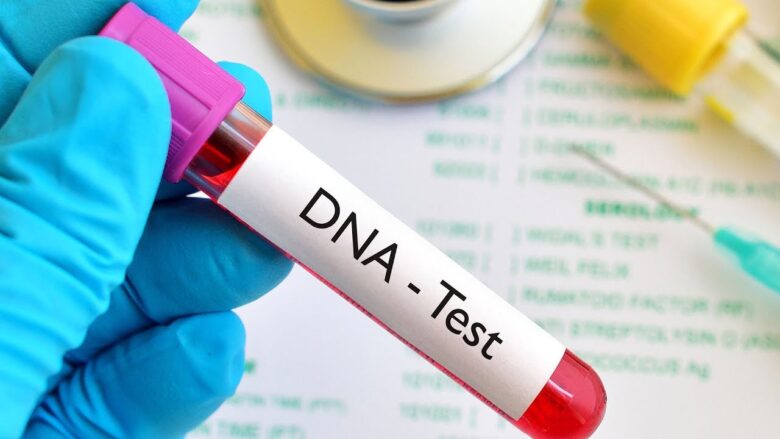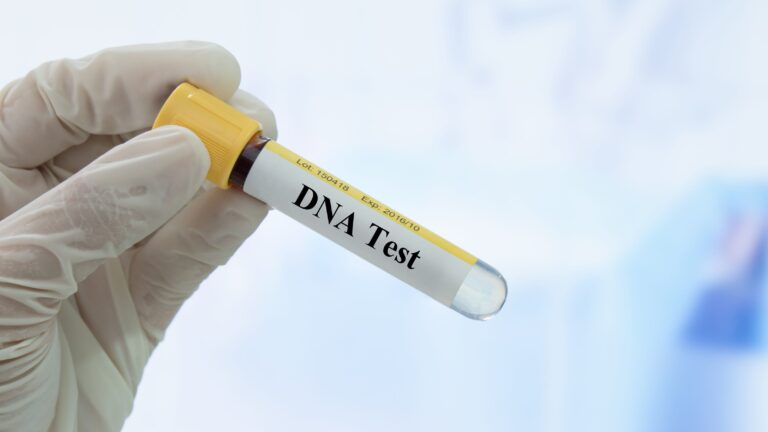In recent years, DNA home testing kits started making their way into almost every drugstore shelf. A lot of people opt for tests to learn about their ancestry background, which is only one of the results that may be obtained from an online DNA test. These tests also have the ability to provide insight into other aspects of information, such as physical characteristics, wellness factors, carrier status for recessive conditions, and genetic relationship estimates with those who have also tested.
It is important to note that even though such findings may have the potential to help people through information be motivated to change their lifestyle, make significant decisions, or find a new family, plus these tests can also pose some questions. There are some important considerations to keep in mind when sending a sample.
Discover who will have access to your DNA data

Determining who has access to your DNA data is important. For example, your DNA belongs only to you as long as you choose to share it or give someone else access to it. There are organizations, which perform tests on your DNA and share your anonymized data in an automated way with other entities, including researchers and pharmaceutical companies. In some cases, there are online genetic testing companies that do not adhere to some international regulations regarding data protection, privacy, and the utilization of genetic data.
Also, a lot of online testing companies keep DNA samples for an indefinite period. While others may give you the opportunity to choose whether you want to opt-in or opt-out. You may lose your secure protection by downloading and sharing a computer file of your DNA. So when you place an order for an online DNA test, make sure you read the small print regarding the potential access to your DNA data by other parties.
Find professional genetic counseling

Make sure you are a well-informed user. There may be a need for professional analysis of the results in case something severe is identified in your genes, as well as a need for genetic counseling to help you cope with what you have discovered. Professionals suggest getting proper genetic counseling in advance of ordering the kit in order to help you fully understand the consequences and constraints of the results. How a disease evolves is a lot more complex process than just the presence or absence of a particular gene.
It is important to consider finding the professional opinion of a geneticist, which can help you contextualize the results according to your family history and your existing medical problems. You may find certain genetic results intricate and difficult to interpret, which might include medical concerns for you and your family. Therefore, do not rely on the Internet for your results.
DNA reveals just one piece of the pie

Currently, the test available will not be able to provide you with a diagnosis of a specific disease. Instead, its only ability is to give you an indication of your genetic risk, however, it does not give you an accurate picture of your overall risk. No matter if it is about an increased risk of developing an inherited cancer or if it is the case of a half-sibling that you never met, getting a DNA result is just an important piece of the pie. That being said, taking a home DNA test for any type of health concern can only evaluate whether the risk is increasing or decreasing, as opposed to determining if a disease or health condition will eventually arise.
Therefore, there is no reason to believe that just because someone is genetically at risk, he or she will necessarily develop the disease.
There may be a need for additional tests to be carried out

After you receive the results of your home DNA test you need to expect that there is a chance for you to undergo some additional tests and examinations. You may find that a number of consequential tests or proceedings may cause you to feel uncomfortable or worried. However, you need to carefully weigh the pros and cons, as a genetic predisposition does not automatically imply that you will be affected. There are positive sides to this, of course.
For instance, home testing can help stimulate individuals to adopt less risky habits as soon as possible, and those habits include screening. Home testing can prevent the disease from developing and has the potential to provide additional health and wellness benefits to individuals in the future by motivating them to start taking steps and embrace healthier lifestyles.
You must be ready to receive the information

There are plenty of things genetics can reveal to us about which we may be unprepared. While you are trying to find out information about your ancestry, it is possible that you may learn about unexpected paternity.
Alternatively, it is possible to find out that you may be at risk of developing specific diseases. While some of these are not curable, for example, Alzheimer’s disease, might only cause you to feel anxious. Before proceeding, think carefully if you really want to know all this information and whether the information is valid. CRI Genetics is Cellular Research Institute, which offers valid and advanced genetic reports to individuals.
To sum up, when you decide to take a home DNA test expect to get a little intrigued by what your genes might be telling you about your ancestry as well as the health risks that are concealed in your DNA. Although online genetic tests might be exciting and fun, they do carry risks. Keep these five considerations in mind when you are about to send a sample. For many reasons, knowing that we can access our personal DNA code is a wonderful thing.
Nevertheless, we need to understand, what the boundaries and dangers of rapidly evolving medical technology are. Finally, you need to be very careful when choosing an online DNA testing company, since some of them are being suspected of sharing access to databases of genetic information with third parties and without the knowledge and permission of consumers.

